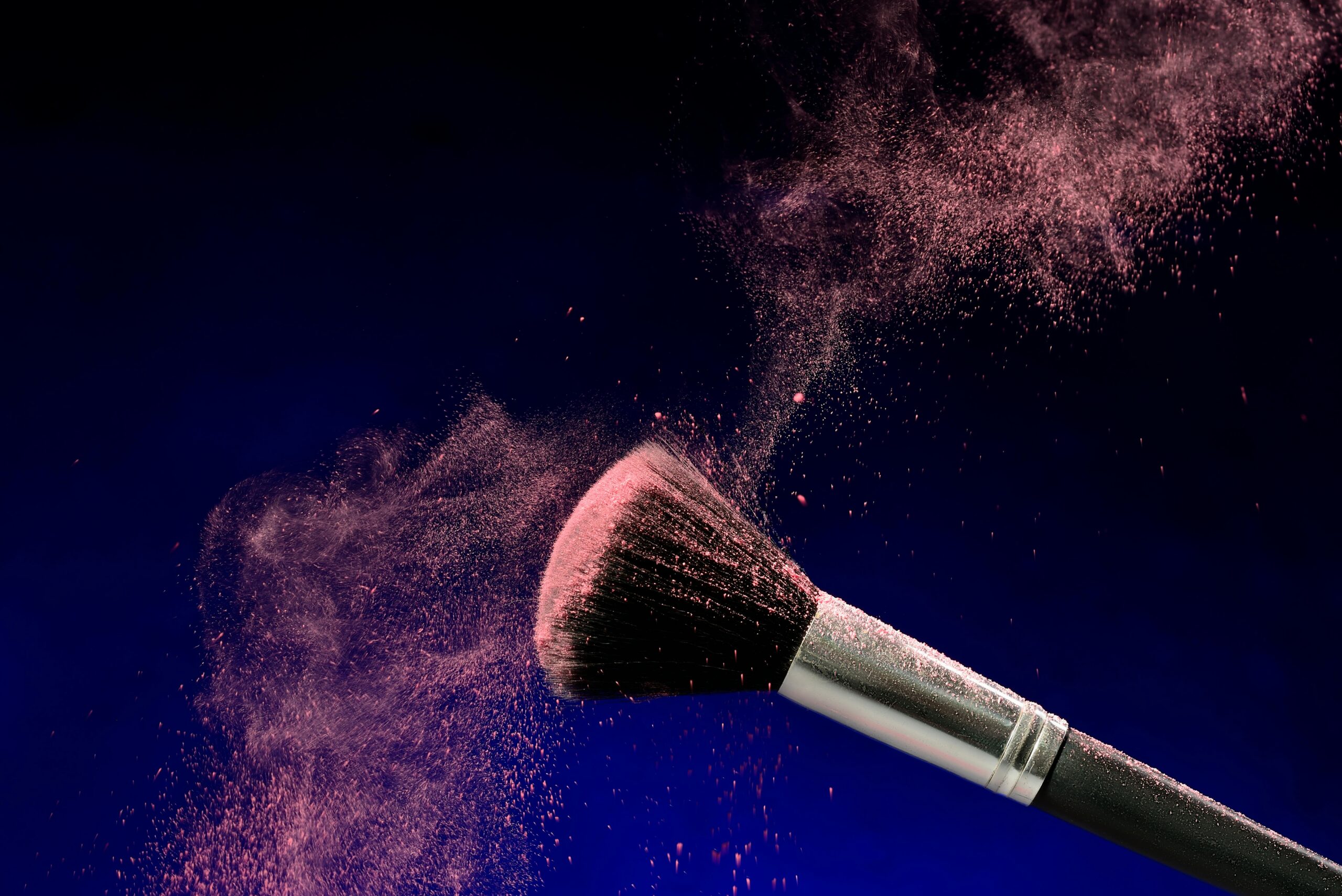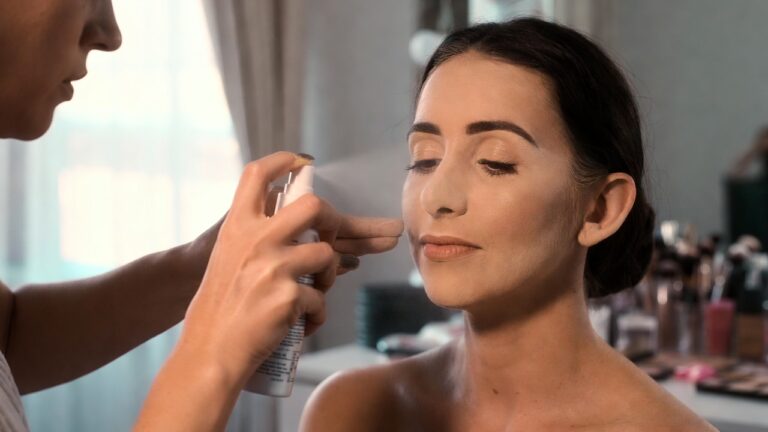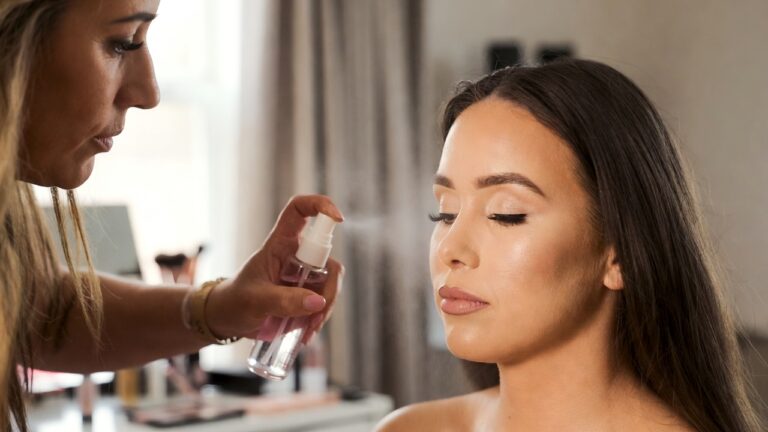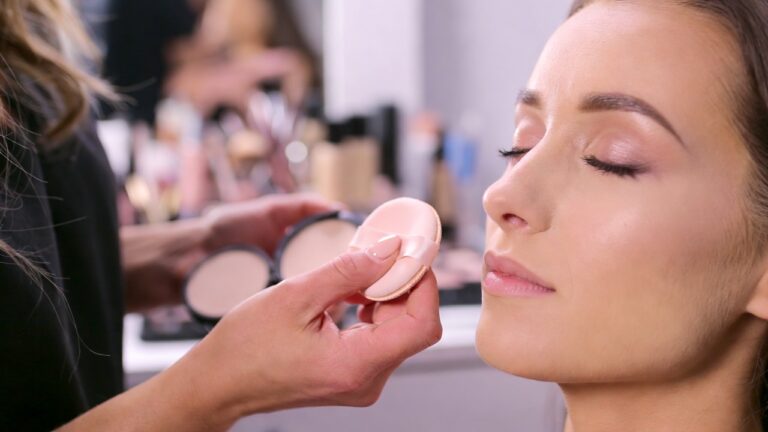Dirty makeup brushes are a breeding ground for bacteria, leading to skin irritation, breakouts, and uneven makeup application. Regular cleaning is essential, but store-bought brush cleaners can be expensive. Fortunately, you can make effective and affordable makeup brush cleaners using simple ingredients at home. Let’s explore easy DIY recipes and tips to keep your brushes spotless and your skin healthy.
Why Cleaning Your Makeup Brushes is Crucial
Makeup brushes accumulate oils, product residue, and bacteria over time. Without regular cleaning, this buildup can compromise the performance of your brushes and harm your skin.
Prevents Breakouts
Dirty brushes transfer bacteria and dirt to your skin, increasing the risk of clogged pores and acne. Cleaning them removes these contaminants.
Extends Brush Lifespan
Proper maintenance prevents bristle damage and keeps your brushes in top condition for longer, saving you money in the long run.
Ensures Flawless Application
Clean brushes deliver smooth and even makeup application, enhancing your overall look.
DIY Makeup Brush Cleaner Recipes
Making your own makeup brush cleaners is simple and cost-effective. Below are some tried-and-true recipes.
1. Vinegar and Dish Soap Solution
This combination is effective for deep cleaning and removing stubborn makeup residue.
- Ingredients:
- 1 tablespoon white vinegar
- 1 tablespoon dish soap
- 1 cup warm water
- Instructions:
- Mix the vinegar, dish soap, and warm water in a bowl.
- Swirl the brush bristles in the solution.
- Rinse thoroughly under running water and reshape the bristles.
2. Coconut Oil and Baby Shampoo Mix
This gentle cleaner works well for delicate brushes.
- Ingredients:
- 1 tablespoon coconut oil
- 2 tablespoons baby shampoo
- 1 cup warm water
- Instructions:
- Combine all ingredients in a bowl.
- Dip the brush into the mixture and massage the bristles gently.
- Rinse and lay the brush flat to dry.
3. Baking Soda and Olive Oil Paste
This recipe tackles tough stains and restores softness to your brushes.
- Ingredients:
- 1 tablespoon baking soda
- 1 teaspoon olive oil
- Water as needed
- Instructions:
- Mix baking soda and olive oil into a paste.
- Apply the paste to the brush bristles and rub gently.
- Rinse thoroughly and pat dry.
4. Castile Soap and Essential Oils Cleaner
This recipe cleans and refreshes brushes with a pleasant scent.
- Ingredients:
- 2 tablespoons liquid Castile soap
- 2-3 drops of tea tree oil (or lavender oil)
- 1 cup warm water
- Instructions:
- Combine all ingredients in a bowl.
- Swirl the brushes in the solution, focusing on the bristles.
- Rinse, reshape, and let them air dry.
Tips for Effective Makeup Brush Cleaning
Use Lukewarm Water
Hot water can loosen the glue that holds brush bristles in place. Always use lukewarm water to preserve the integrity of your brushes.
Avoid Soaking the Ferrule
The ferrule (the metal part of the brush) holds the bristles together. Prolonged exposure to water can weaken the adhesive, causing bristle fallout.
Dry Brushes Properly
Lay brushes flat on a clean towel to dry. Avoid standing them upright, as water can seep into the handle and damage it.
Clean Regularly
Foundation and concealer brushes should be cleaned weekly, while brushes for powders can be cleaned every two weeks. Consistency is key to maintaining hygiene.
Conclusion
Cleaning your makeup brushes doesn’t have to be complicated or costly. DIY makeup brush cleaners made from household ingredients are a practical and effective way to maintain brush hygiene. With regular cleaning, you can protect your skin, enhance makeup application, and extend the lifespan of your brushes. Try these easy recipes today and enjoy the benefits of spotless brushes.
Frequently Asked Questions (FAQs)
1. How often should I clean my makeup brushes?
Foundation and concealer brushes should be cleaned weekly, while powder brushes can be cleaned every two weeks.
2. Can I use shampoo to clean my brushes?
Yes, baby shampoo or gentle regular shampoo works well for cleaning brushes without damaging the bristles.
3. What’s the quickest way to dry makeup brushes?
Lay them flat on a clean towel in a well-ventilated area. Avoid using a hairdryer, as it can damage the bristles.
4. Are DIY cleaners safe for all types of brushes?
DIY cleaners are safe for most brushes, but always test a small area first to ensure compatibility with synthetic or natural bristles.
5. Can dirty brushes cause skin problems?
Yes, dirty brushes can harbor bacteria, leading to breakouts, irritation, and infections. Regular cleaning helps prevent these issues.



